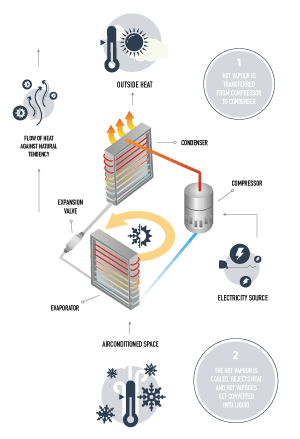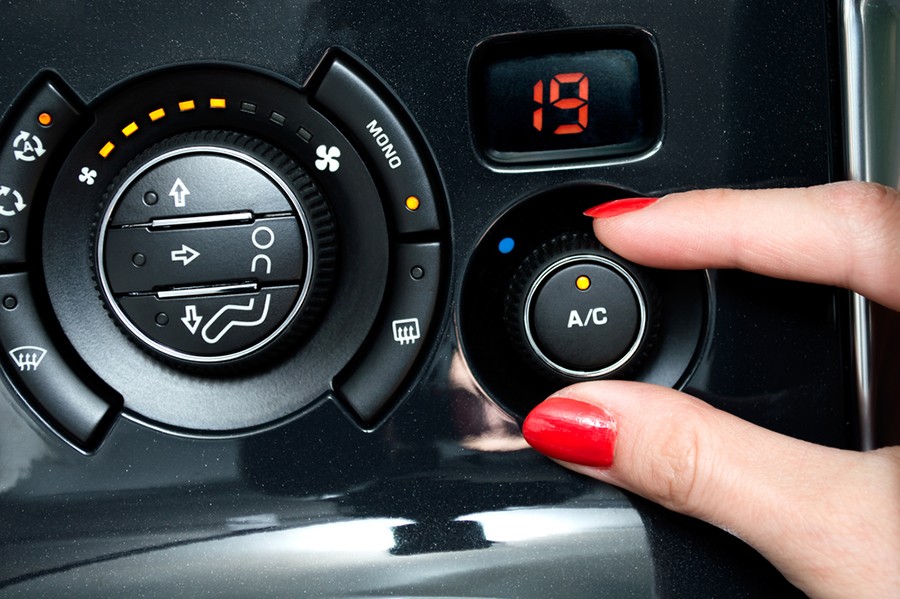Air conditioning is no longer considered a luxury by most. At the same time few are aware of its inner workings and how that impacts their bills. Dr Mario Farrugia explains.
I liked my Chevy Beretta while studying at Oakland University. The 3.2 litre V6 was an upgrade for me but still considered relatively small in the US. One morning, while driving to campus, a friend saw me, complimented me, and asked, ‘Does it have air?’ I scowled, confused. I later learned that, in the US, ‘air’ is short for air conditioning, a luxury my car did not have, thanks to the previous owners having disconnected it. While air conditioning would have been nice during summer months, the positives —reduced fuel consumption—were also attractive.
Today, air conditioners have become indispensable. In Maltese cars, homes, and buildings, standard systems are typically ‘vapour compression’ systems, which see the working fluid (refrigerant) transitioning between liquid and gaseous states and being compressed by an engine or electrical motor (depending on its context), which results in cooling. There is no denying that the electricity required to run air conditioners is considerable. The power cuts during summer months are a testament to that. But this was not always the case.
In the early 1990s peak electricity demand was during winter due to heating devices. People used fans to cool during summer, which need far less electricity than air conditioning units. Air conditioners are used for heating as well as cooling, putting resistance heaters in the past where they belong. Air conditioners are much more efficient than the older technology of resistance heating. Air conditioners and heat pumps give more units of heat than the number of electrical units supplied to them.

Photo by Jean Claude Vancell
Now, the ‘inverter’ air conditioning system has become mainstream. Identical to the vapour compression system, the inverter has the added function of being able to vary the speed of the compressor, meaning that the cold produced can be reduced. Inverter technology was tested and compared with conventional systems at the thermodynamics laboratory (Faculty of Engineering, University of Malta). Through various experiments, together with a simulation of a typical Maltese year, it was found that inverters are beneficial in commercial applications when they are used for long hours throughout the year. Used within a household setting, inverters are not cost effective at all.
Air conditioning has become ubiquitous to offices and homes across the Maltese islands. People rarely consider what is happening when they hit that power button on their remotes. However, awareness and understanding of the technology at hand will go a long way, not only on their pockets, but on the environment that sustains us.





Comments are closed for this article!